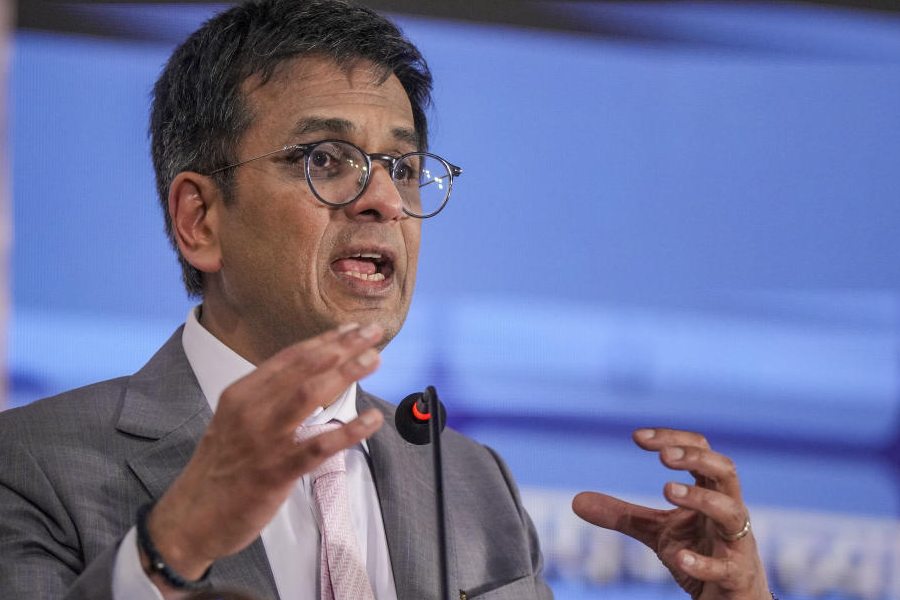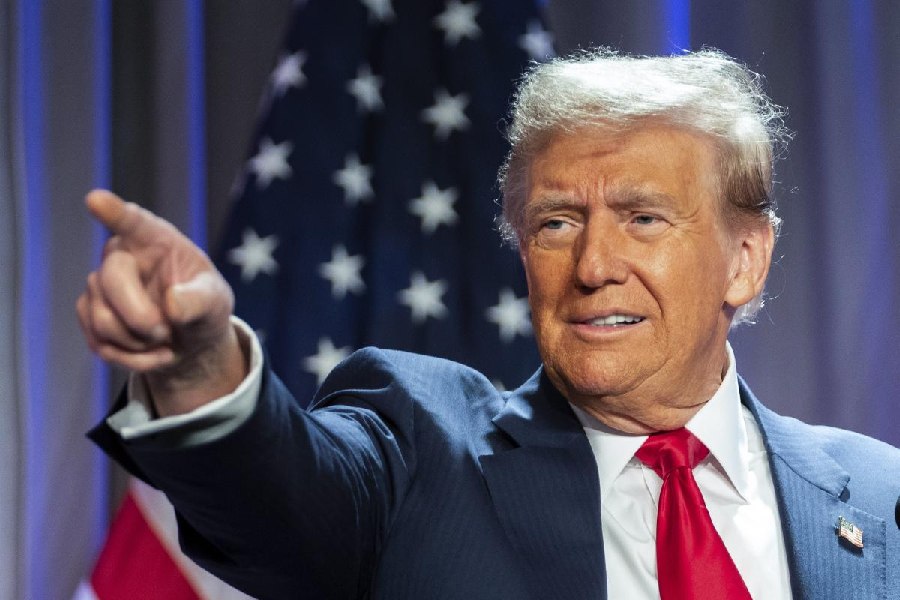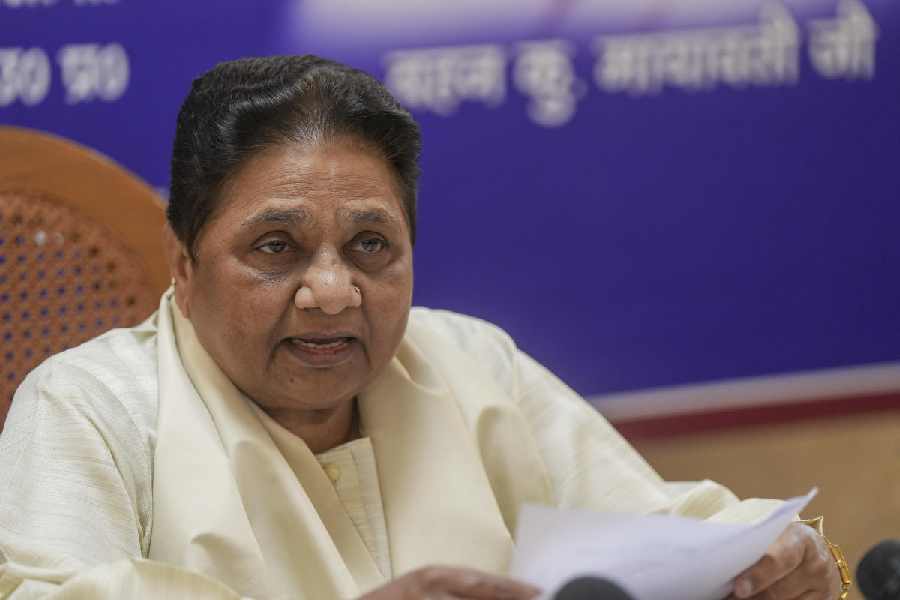A team of researchers from Indian Institute of Technology, Guwahati, in collaboration with scientists from University of Pardubice, Czech Republic, is working towards developing indigenous algorithms that can protect the country’s digital data from cyber attacks by advanced computers.
The team has also designed encryption architectures that can be used to protect sensitive health data that is transmitted through the Internet, IIT Guwahati said on Wednesday.
The team of researchers from IIT Guwahati is led by Gaurav Trivedi, associate professor, department of electronics and electrical engineering, while professors Zdenek Nemec and Jan Pidanic make up the University of Pardubice team.
The team’s work has been published in the proceedings of IEEE International Conference Radioelektronika (RADIOELEKTRONIKA).
The Institute of Electrical and Electronics Engineers (IEEE) is the world’s “largest” technical professional organisation dedicated to advancing technology for the benefit of humanity, inspiring the global community to “innovate for a better tomorrow” through its 419,000 members spread over 160 countries. “It has become indispensable to design new encryption schemes that can resist both quantum computer as well as classical computer-based attacks,” Trivedi said.
The IIT Guwahati team is also working towards enhancing data security in the healthcare sector that is increasingly using the Internet of Things (IoT) to cater to the needs of the country. IoT healthcare aids in the real-time diagnosis of diseases by keeping a patient digitally connected to a medical expert 24x7, thus avoiding the visits and admissions in the hospital, a facility particularly critical in these pandemic times.
On the work done by Trivedi’s team, IIT director Prof. T.G. Sitharam said, “Both these electronic devices are the results of the joint efforts of IIT Guwahati and the University of Pardubice with whom we have successful collaboration for the past nine years. These devices are in line with India’s vision of self-reliance and independence from foreign technology.”










